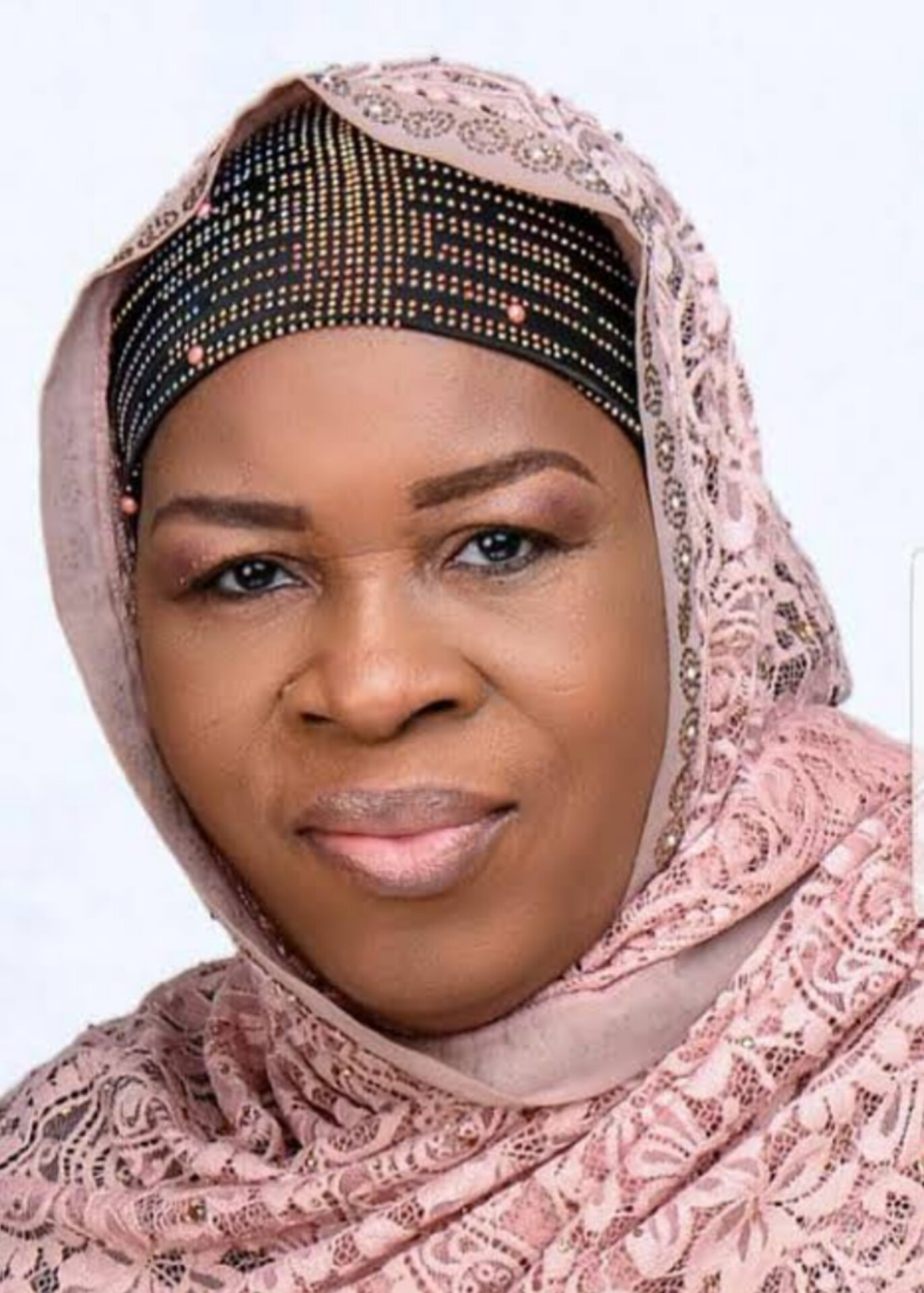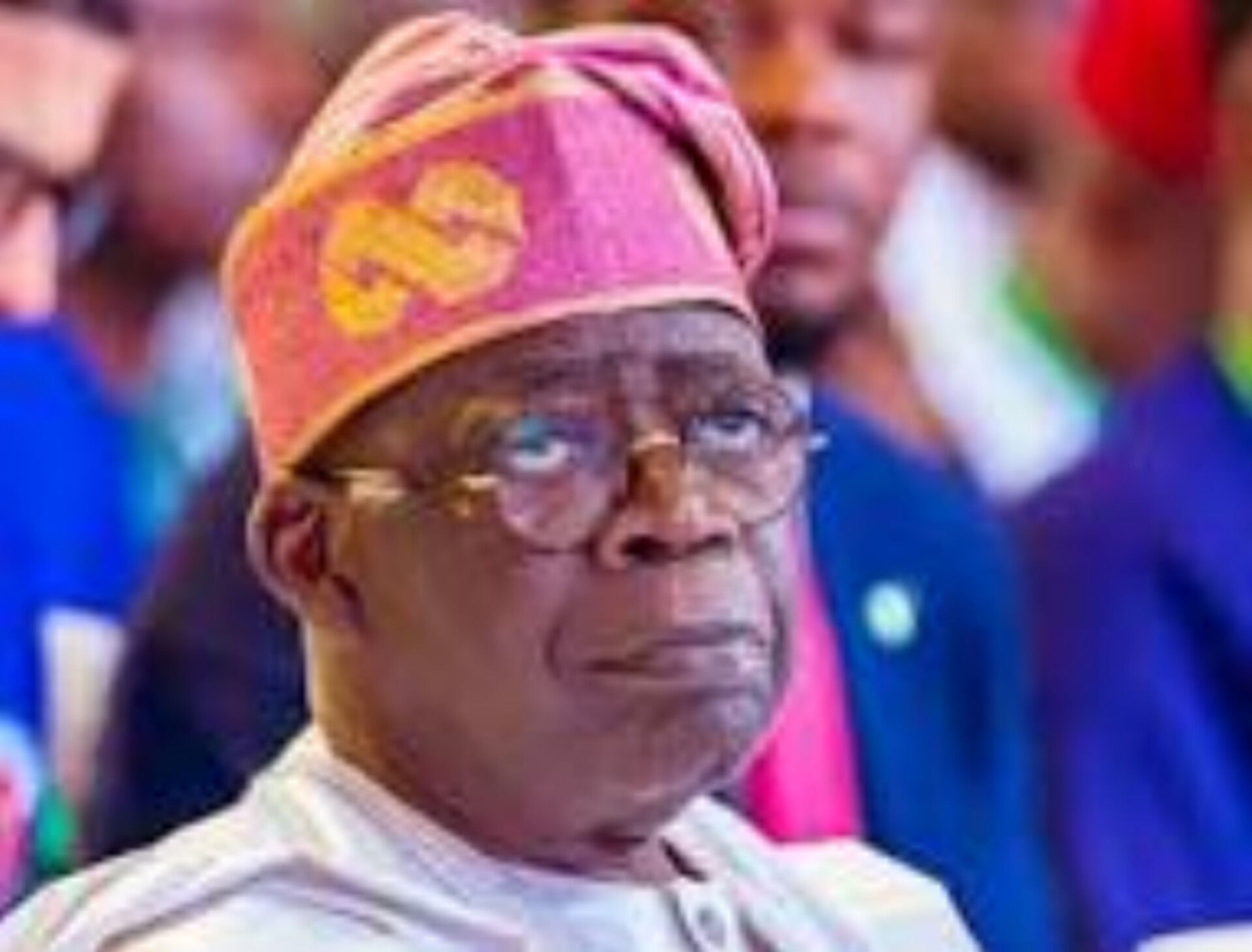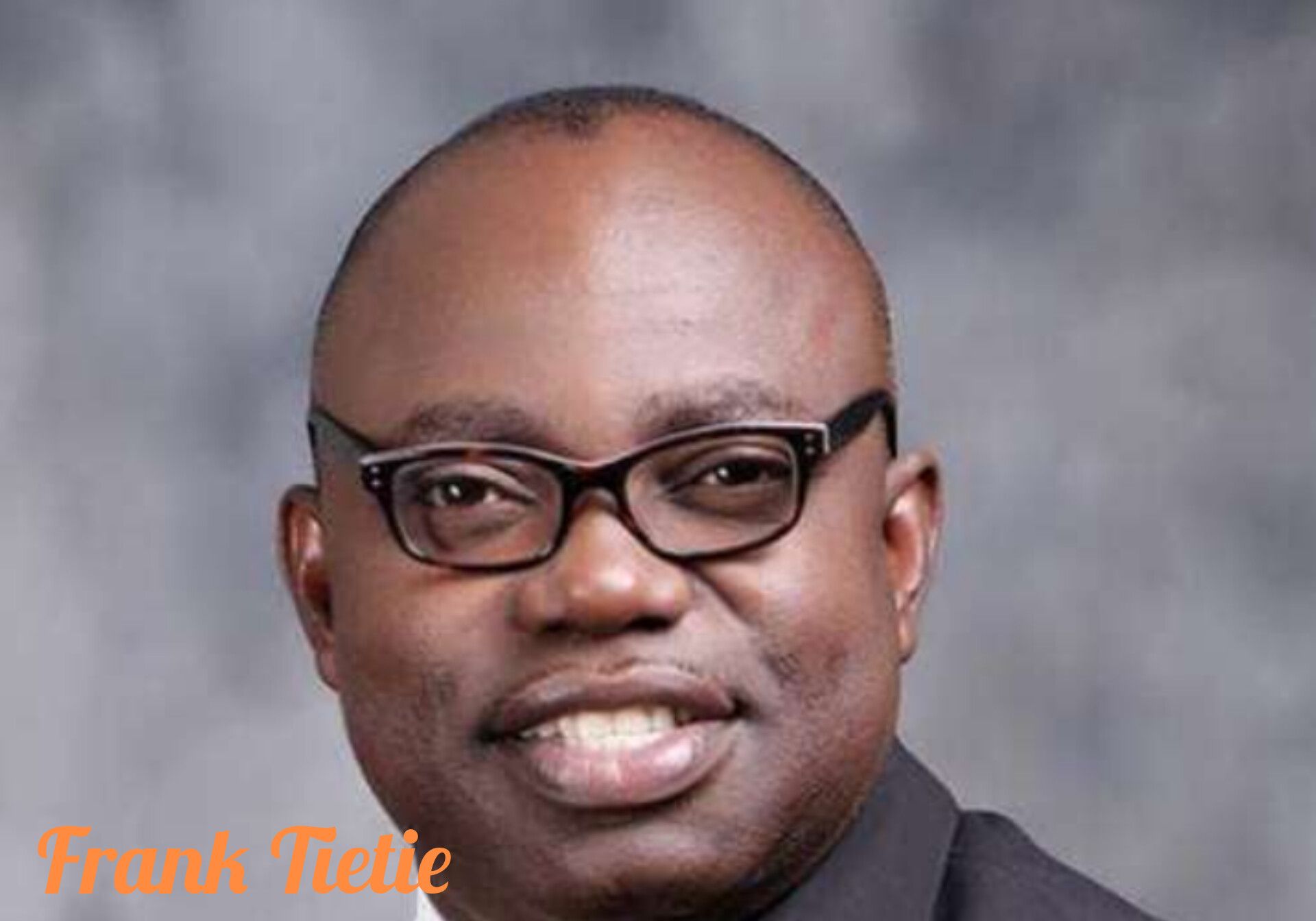By Zainab Suleiman Okino
In all ramifications, it appears the euphoria and excitement that greeted President Bola Tinubu’s assumption of office are gradually ebbing away. Quite expectedly, having started with the tough decisions of fuel subsidy removal and floating of the forex, the President now needs to do more and urgently too.
Both policies have since worsened the woes of the Naira and Nigerians. From accusation of being surrounded by “Lagos boys”, (his cabinet as Lagos State Governor between 1999 to 2003), to policy somersaults to somehow nepotistic appointments (and vengeful dismissal of some CEOs), questions are being asked about Tinubu’s pro-people and pan-Nigerian credentials.

He started with politically correct appointments. The geographical spread of his service chiefs was received positively. His swift policy statements, though criticized, were timely, compared with the sordid silence of his predecessor.
The misnomer became apparent during ministerial nominations flip-flopping into high-wire politics that led to a ministerial nominee in person of former Governor Nasir El-Rufai being dropped at the last minute over a so-called security report after screening. We also witnessed how a nominee from Kano State, Maryam Shetty was refused screening by the senators after she was already seated at the National Assembly lobby, which showed clearly a scene from the playbook of Ganduje’s dirty politics under Tinubu’s government.
Two former governors were appointed to man the Ministry of Defence; former Governor Bello Matawalle of Zamfara State, was downgraded to serve as a junior minister under his colleague, Mohammed Badaru Abubakar, former governor of Jigawa state. Looks so incongruous. Some MDAs were “reorganized”, and we expected a more compact arrangement. But what did we get? Some ministries were boosted and some downgraded. To which end, except to favour some ministers and appoint others to less juicy or relegated ministries, just to satisfy constitutional provision. Tokenism? Maybe.
The result was a boosted aviation sector renamed Ministry of Aviation and Aerospace Development under the supervision of an equally controversial figure, Festus Keyamo, while the Ministry of Transportation was debased and can safely be called ministry of railway, after the removal of everything maritime like NIMASA, NPA, Shippers’ Council etc now under the Ministry of Marine and Blue Economy.
Indeed, inconsistency in pronouncements came too early in this administration. Tinubu made history when he reshuffled a cabinet that was yet to be inaugurated. Engineer Abubakar Momoh was redeployed from Ministry of Youth to Ministry of Niger Delta that the president hitherto ignored.
Imagine the embarrassment that followed the declaration by the UAE government, that they are yet to resolve and reverse their visa ban on Nigerians, after the President’s spokesman, Ajuri Ngelale went to town to announce same. Propaganda should have limits. Why the hurry? To impress who? The disinformation has since taken the shine off the president’s diplomatic engagement with his UAE counterpart. So, after the UAE denunciation, where exactly are we now?
Tinubu does not seem bothered about over-bloated personnel costs or reducing the cost of governance. For the first time, Nigeria now has almost 50 ministers under its low per capital income of 5,200 PPP dollars in 2021 compared to USA’s 25 ministers and per capita income of 70,480 PPP dollars as at 2021.
Consequently, Nigerians have resigned to fate that they may never have pro-people government in their lifetime, since most of the policy initiatives of the new government favour only the rich, the haves, high-end businesses and high class of people and interests. It is obvious that the president must have made many commitments to friends and associates, who in his own estimation must be fixed, regardless of an ailing economy like ours.
Still smarting from all these came the issue of lopsided appointments, which we thought we had seen the last of after Buhari. The protests over Tinubu’s skewed appointments started from “home”, when a group from the Southwest accused him of appointing only people from Lagos contrary to the notion that Yorubas had an edge in his government.
Last weekend, evidence of such slanted appointments went viral. Critics reeled out at least 20 consequential appointments from the Southwest including MDAs like Justice, Finance, Customs, Police, FIRS, Immigration, NIMC, CBN, Power, Digital Economy, COAS, Maritime, Interior and Communications in the president’s kitchen cabinet. Muslim groups like MURIC have also cried out complaining that Christians hold key economic positions. The cry of marginalization has always been part of governance and politics in our clime, and Tinubu is not in a hurry to end it.
In addition to his hard-to-swallow economic direction, Tinubu’s choice of appointees is somehow causing concerns among the elite too. Without a semblance of inclusion and symbolism, the people feel let down by a president they thought was going to be pan-Nigerian, gradually becoming provincial, in deeds, even though appointments only enrich the beneficiaries while the conditions of ordinary people remain unchanged.
I believe competence and capacity should be uppermost in considering people for appointments, but I also know that all regions or ethnic groups harbour such competent people among them. Going forward, the president should be more circumspect, and look elsewhere instead of his “household” in a delicate balancing act that Nigeria needs, and which will surely give him (Tinubu) more support and goodwill. No matter how inconsequential he thinks these issues are, they have already got tongues wagging. As a minority myself, I can’t help but notice this potentially damaging and divisive subject in our polity.
Already an internal revolt is brewing in APC over Tinubu’s style of leadership and appointments. In what a group called “yorubanization of the current APC government”, the “APC members in Coalition for a United Nigeria (CUN)”, said “86% of the critical appointments made so far have been people from your (Tinubu) geopolitical zone, the Southwest.
Moreso, to our greater bewilderment is the fact that 90% of these people are your “Lagos boys”, imploring the president to “drastically balance this prejudice by giving attention to other regions outside the Southwest”. If members of the party are disappointed in their government, what do you expect from the rest of the country?
Okino, is the chairperson of Blueprint Editorial Board, a fellow of the Nigerian Guild of Editors (FNGE), her syndicated column appears on News Point Nigeria newspaper on Thursdays. She can be reached via: zainabokino@gmail.com.




